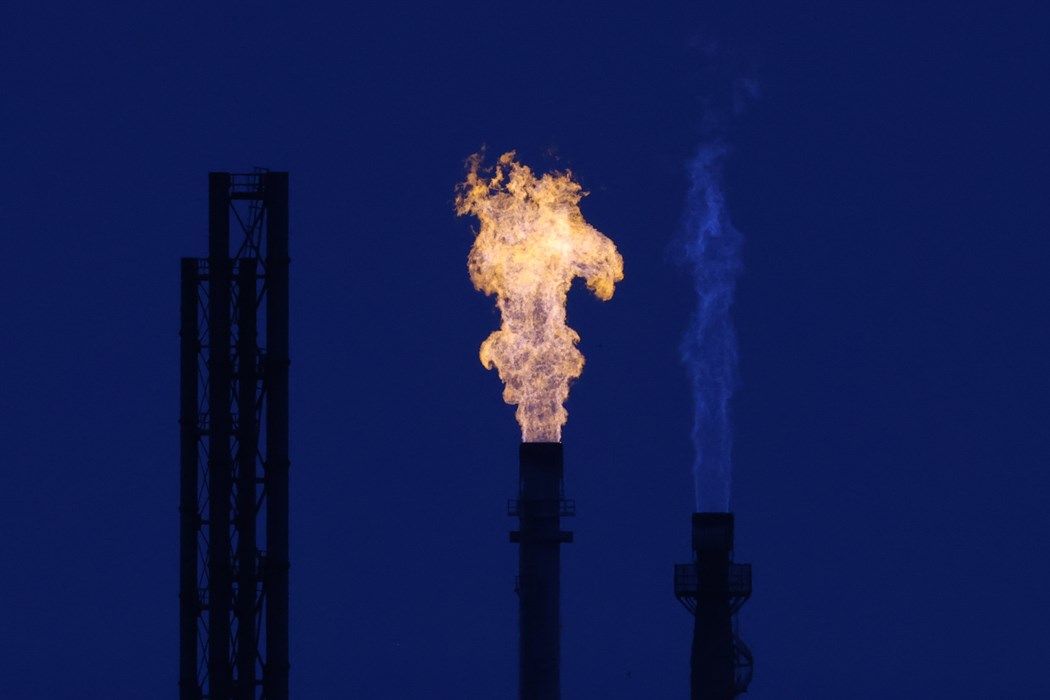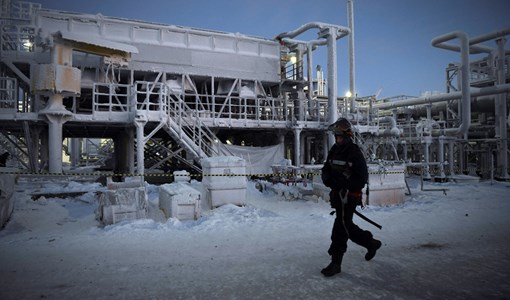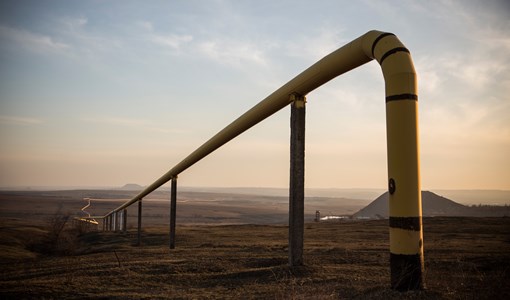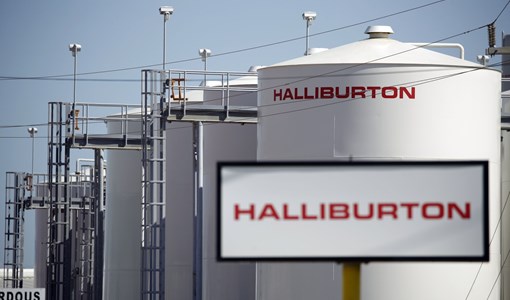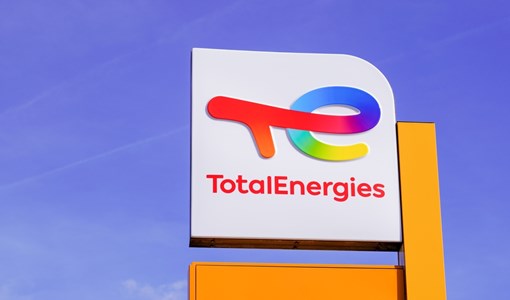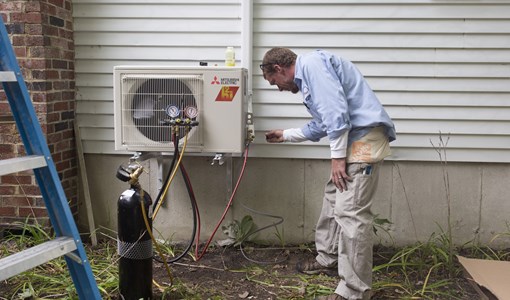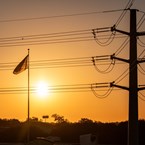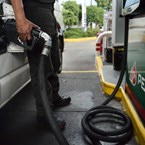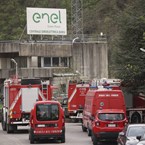UK Regulator to Crack Down on Emissions From Oil and Gas Fields
(Bloomberg) -- The UK’s oil and gas regulator is laying out stricter guidelines for producers to reduce emissions or risk losing out on regulatory approvals.
An updated emissions plan “makes it clear that for production to continue in the North Sea, it must also become cleaner,” the North Sea Transition Authority said in a report published Wednesday. Operators shouldn’t expect approvals if they could curb emissions and choose not to, it added.
Britain is seeking to become carbon neutral by mid-century and agencies across the spectrum of government are looking for ways to meet the climate goal. Electrification and installation of low-carbon power on oil and gas fields underpin NSTA’s plan to reduce pollution.
Emissions from the production of the two fossil fuels account for about 3% of the UK’s total greenhouse gas emissions, the bulk of which are from power generation on fields.
New developments that expect to start producing oil or gas after Jan. 1, 2030 must be fully electrified or run on an alternative low-carbon power “with near equivalent emissions reductions,” the report said. Those developments expecting the first hydrocarbons before that date should at least be “electrification ready” by the time production starts.
In cases where operators don’t electrify existing assets where NSTA considers it reasonable to do so, operators “should have no expectation” that the regulator will approve field development plans, amendments or allow access to additional hydrocarbons from the unit.
“Where the NSTA considers it not reasonable to electrify an existing asset, relevant persons must still pursue other power emissions reductions,” it said.
The regulator in 2021 placed an obligation on the oil and gas industry to help the UK reach net-zero target. Neither that directive nor the updated report Wednesday address so-called scope 3 emissions, which are produced through the consumption of fossil fuel-derived products such as gasoline and diesel. The vast majority of greenhouse gas emissions produced from hydrocarbons are scope 3.
©2024 Bloomberg L.P.
KEEPING THE ENERGY INDUSTRY CONNECTED
Subscribe to our newsletter and get the best of Energy Connects directly to your inbox each week.
By subscribing, you agree to the processing of your personal data by dmg events as described in the Privacy Policy.
More gas & LNG news
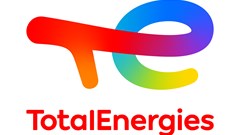
TotalEnergies launches Marsa LNG project and deploys multi-energy strategy in Oman
Apr 22, 2024
Mexico’s Sheinbaum Wants Debt-Laden Pemex to Go Green
Apr 20, 2024
Europe’s Top LNG Plant Operator Wants to Move Into Ammonia, CO2
Apr 19, 2024
Southwest Gas Unit Gets $314.8 Million From IPO, Icahn Deal
Apr 17, 2024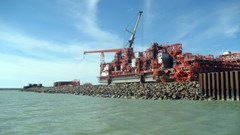
Kazakhstan’s Compensation Claims Against Kashagan Oil Firms Jump to $150 billion
Apr 17, 2024
Oman LNG and Shell agree 10-year supply deal amid transition-led demand growth
Apr 17, 2024
Power Demand Surge Is Complicating Carbon Goals, Duke CEO Says
Apr 16, 2024
Equinor strengthens its gas position with a swap of onshore assets in the US
Apr 16, 2024
Tepco Flagship Nuclear Plant to Load First Fuel Since Fukushima
Apr 15, 2024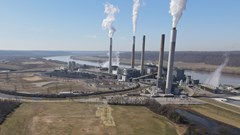
GE Vernova’s technology to help LG&E and KU further diversify sustainable energy portfolio
Apr 15, 2024
Chevron helping drive Egypt’s journey to become Africa’s energy powerhouse
Mar 11, 2024
Energy Workforce helps bridge the gender gap in the industry
Mar 08, 2024
EGYPES Climatech champion on a mission to combat climate change
Mar 04, 2024
Fertiglobe’s sustainability journey
Feb 29, 2024
P&O Maritime Logistics pushing for greater decarbonisation
Feb 27, 2024
India’s energy sector presents lucrative opportunities for global companies
Jan 31, 2024
Oil India charts the course to ambitious energy growth
Jan 25, 2024
Maritime sector is stepping up to the challenges of decarbonisation
Jan 08, 2024
COP28: turning transition challenges into clean energy opportunities
Dec 08, 2023
Why 2030 is a pivotal year in the race to net zero
Oct 26, 2023Partner content

Ebara Elliott Energy offers a range of products for a sustainable energy economy

Essar outlines how its CBM contribution is bolstering for India’s energy landscape

Positioning petrochemicals market in the emerging circular economy

Navigating markets and creating significant regional opportunities with Spectrum


